Immersion
To prepare for your informational writing unit, start by immersing students in the genre. Collect books that will be good mentor texts. This will help students learn the purpose and characteristics of All About Books. Give them time to look through the books and jot down what they notice in a notebook or on a post-it. Then meet back as a class to discuss and share your findings. Students can even bring up the post-its to create an anchor chart. During informational writing, students can refer to the chart as a reference.
Class Book
At the beginning of a writing unit, you can introduce books that will be mentor texts and read them aloud to the class. Then create a class book together so students get an idea of what is to come. Using chart paper is a great way to do this and you can hang up certain pages as anchor charts depending on your lesson.
Choose a Topic
Now that students know what an All About Book is they are ready to choose their own topic. It should be a topic that they know a lot about and are an expert on. To help with ideas they can think about the places they go, the things they do, and the people they know.
All About Book Topics
animal– dog, cat, horse, lion, elephant, dinosaur
sport/team– baseball, football, hockey, NY Giants, Atlanta Braves
hobby– skiing, karate, gardening, baking, sewing
place– Niagara Falls, Antarctica, Disney World, The Rain Forest
weather– tornadoes, hurricanes, tsunamis, blizzards, lightning
thing– moon, trains, fossils, airplanes, Saturn
Research
Students should have a topic they know a lot about, but it is always helpful to conduct extra research. They can gather more specific information or even data such as dates and statistics. This research can be done in school or at home. Kids can check books out from the library, go on the computer, or interview an expert.
Create the Book
There are many different writing pages and templates that can be used to create an All About Book. Students can choose which ones are best for their topic. Some pages such as the cover, dedication, introduction, table of contents, and about the author should be done after all of the other pages are completed. Click below to learn more about these informational writing pages.
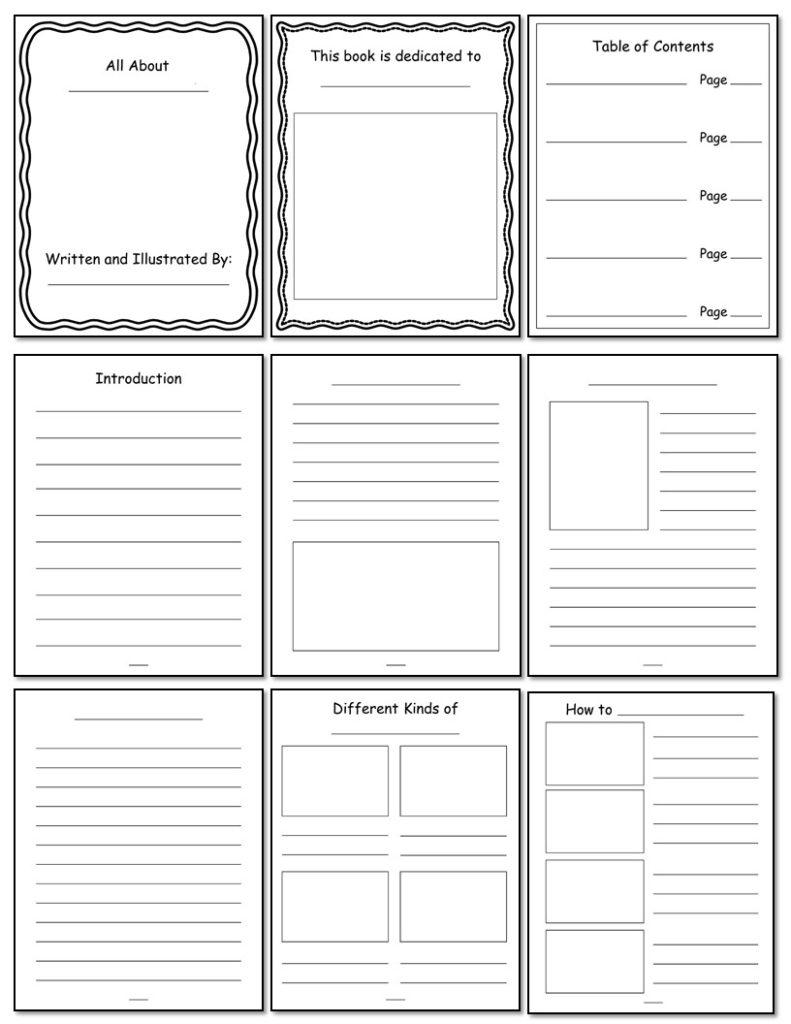
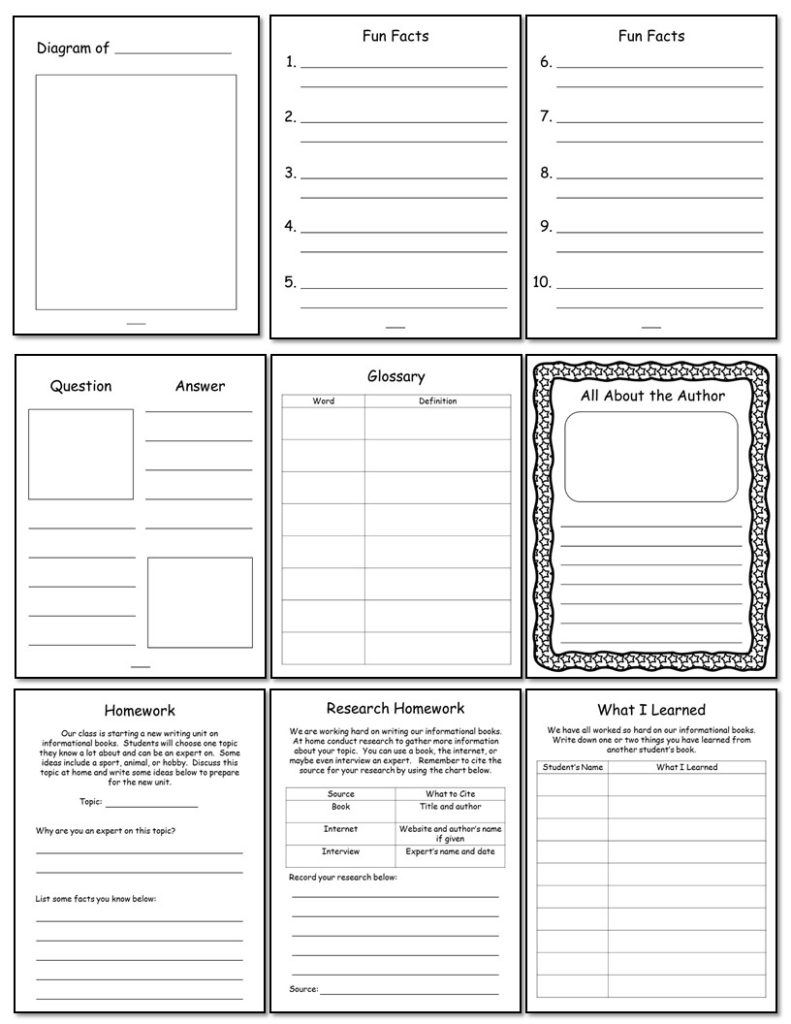
Edit and Revise
I always tell my students “when you think you’re done, you’ve just begun.” This is a great way to explain editing and revising our work. Ask them to think about the mentor texts you have been using in class. Do you think these writers went back to check their work? Of course! That’s what good writers do. Students should go back and look at each page to add more details, suggestions, and tips for the reader. They should also proofread and edit their informational writing. It’s helpful to do multiple levels such as self-editing, peer-editing, and teacher-editing.
Celebrate!
Students have worked so hard during this informational writing unit and now it’s time to share and celebrate! Depending on your time restrictions they can share all of the book or just pick a few of their favorite pages. Remind them that the purpose of an All About Book is to teach their audience about a topic. Some suggestions for sharing are partners, small groups, a buddy class, or invite the parents in!
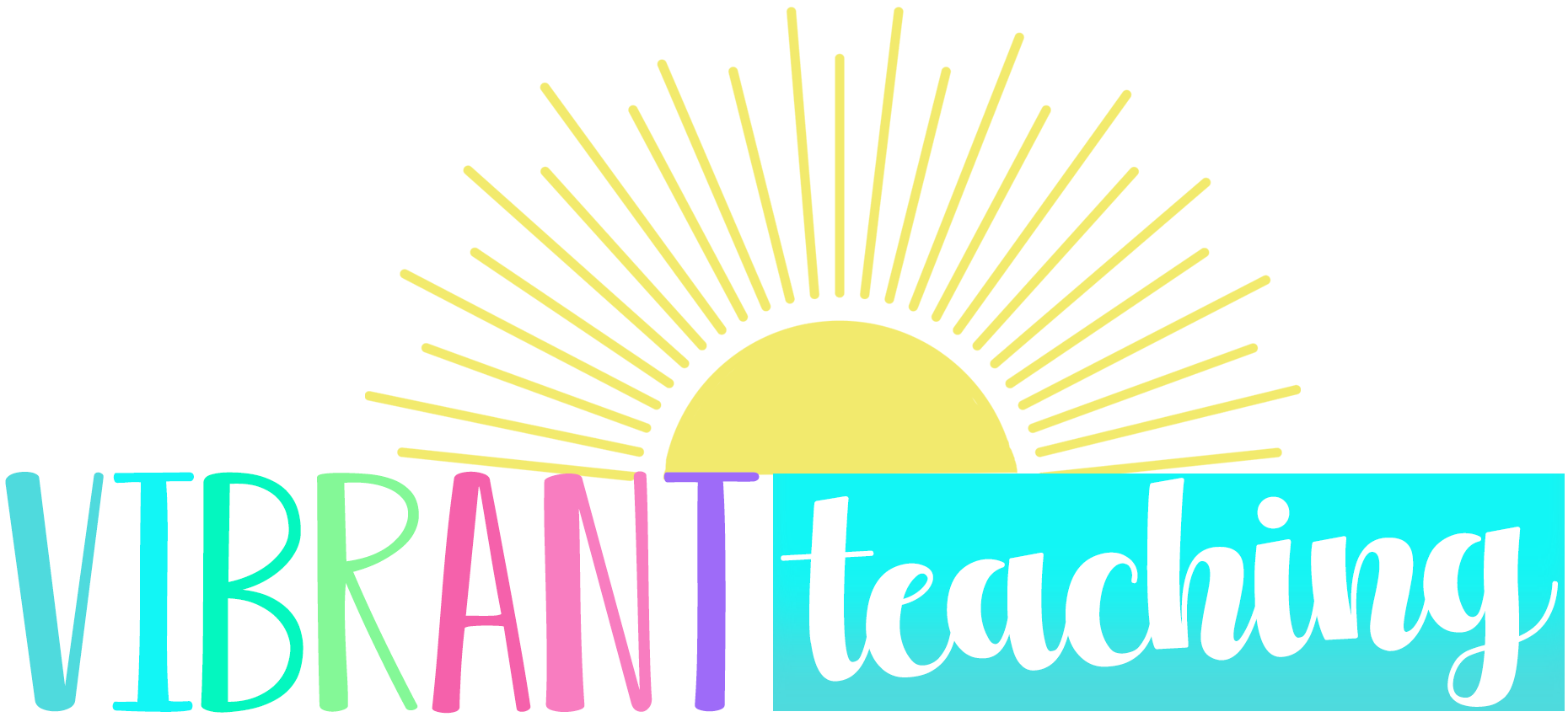
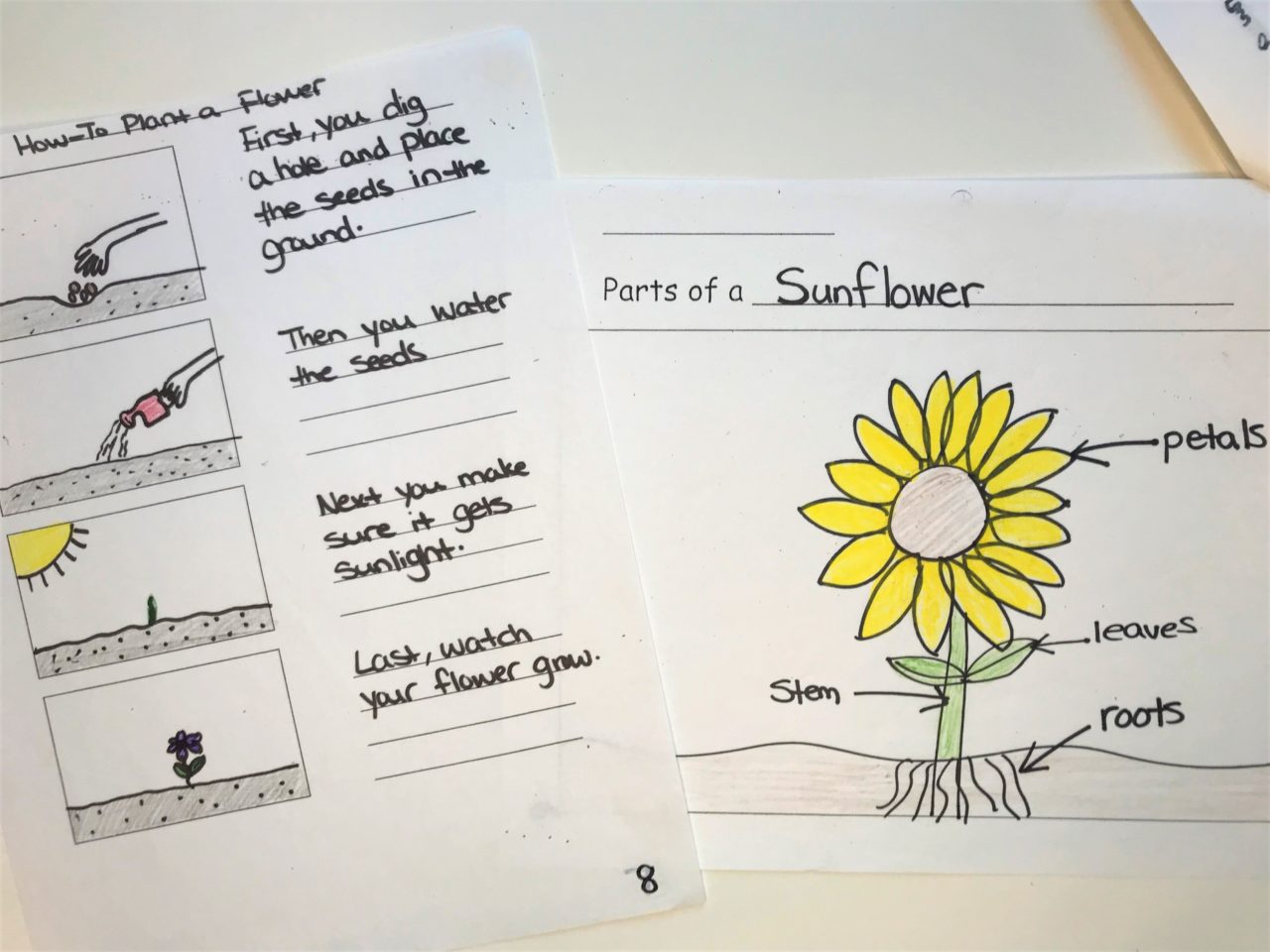
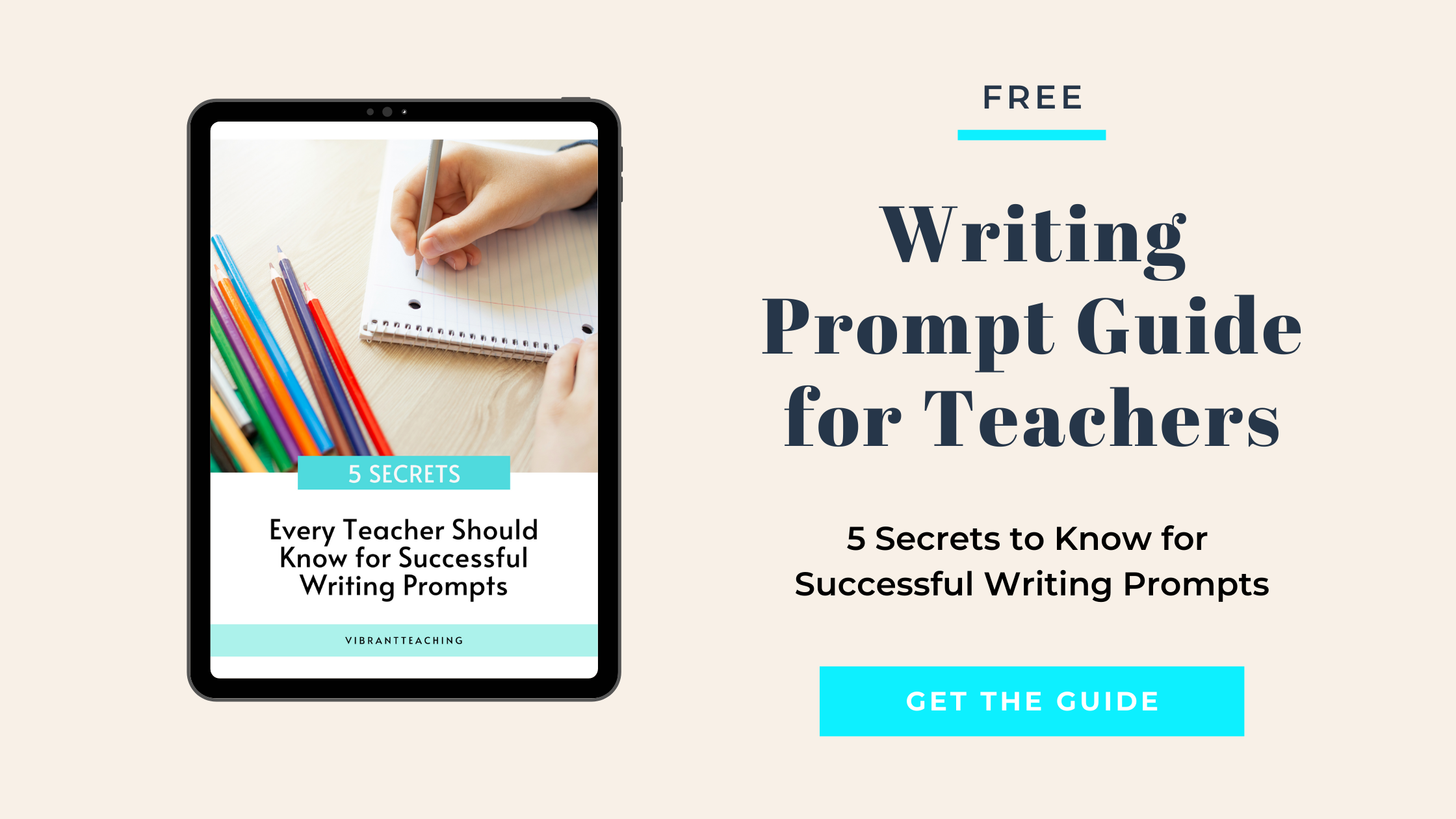
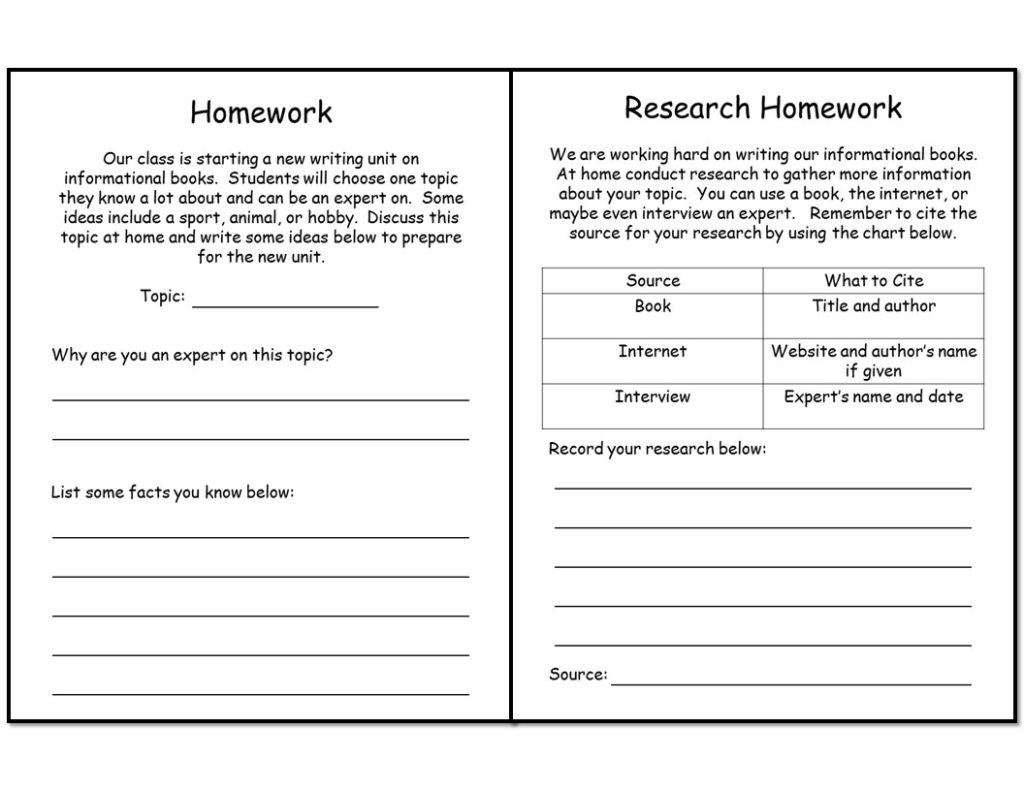
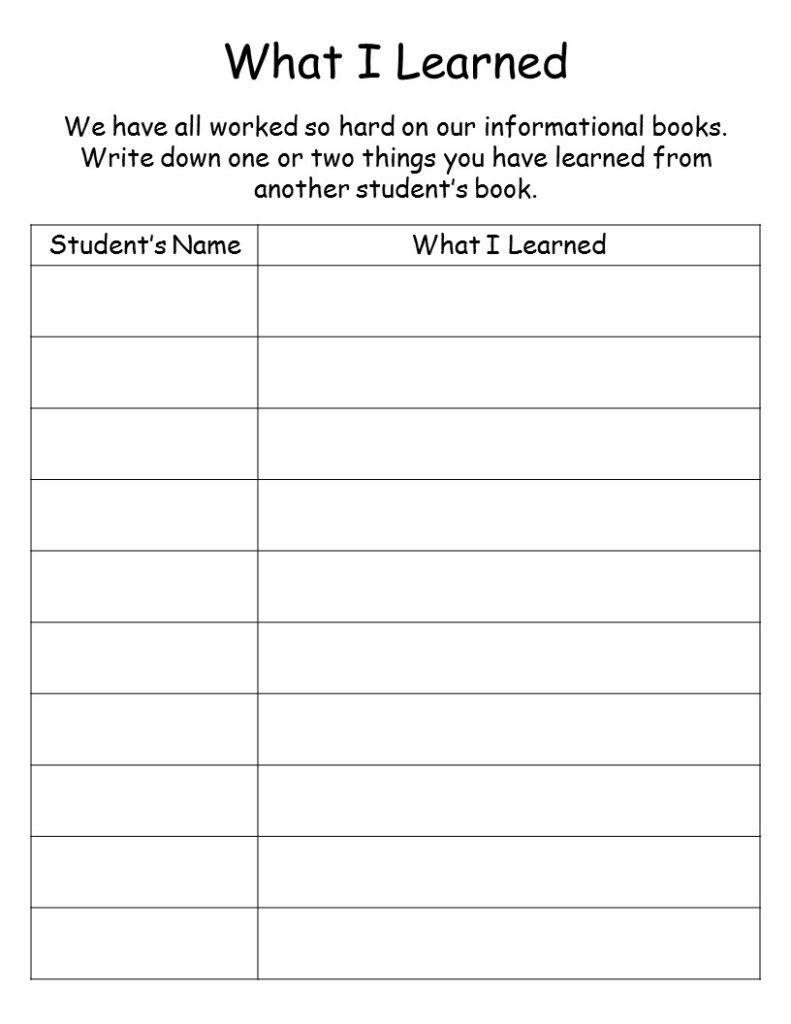

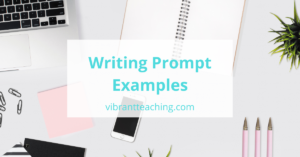
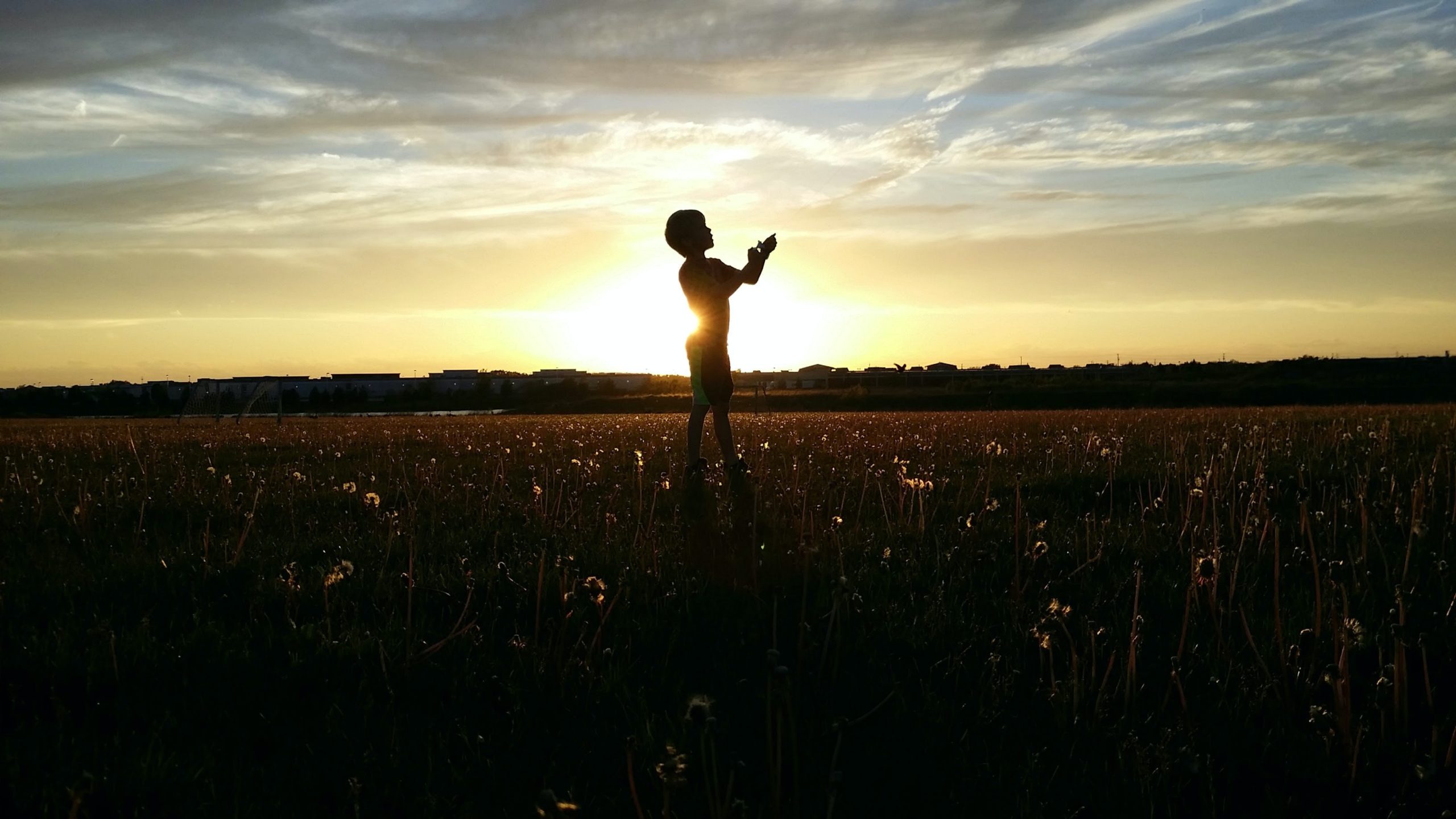
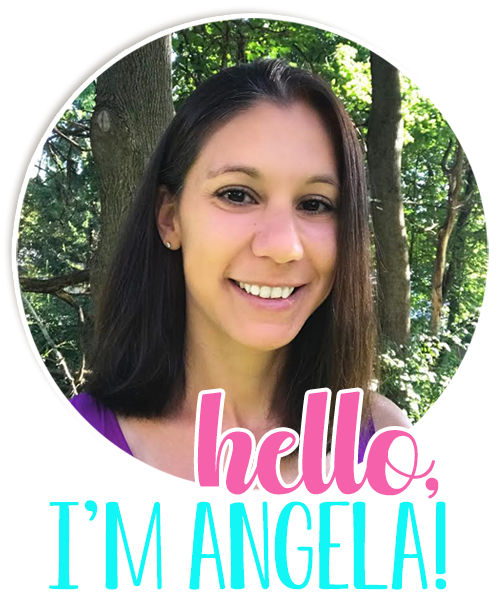
No Comments